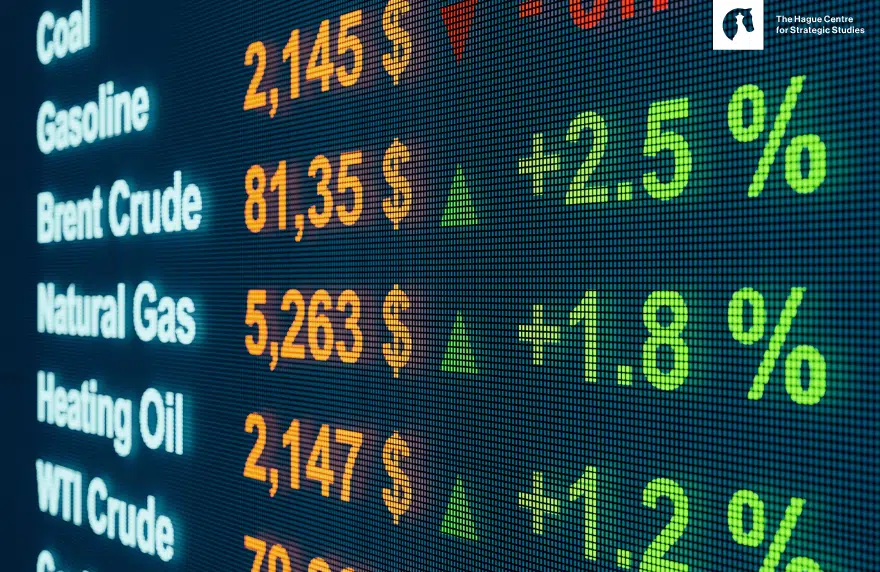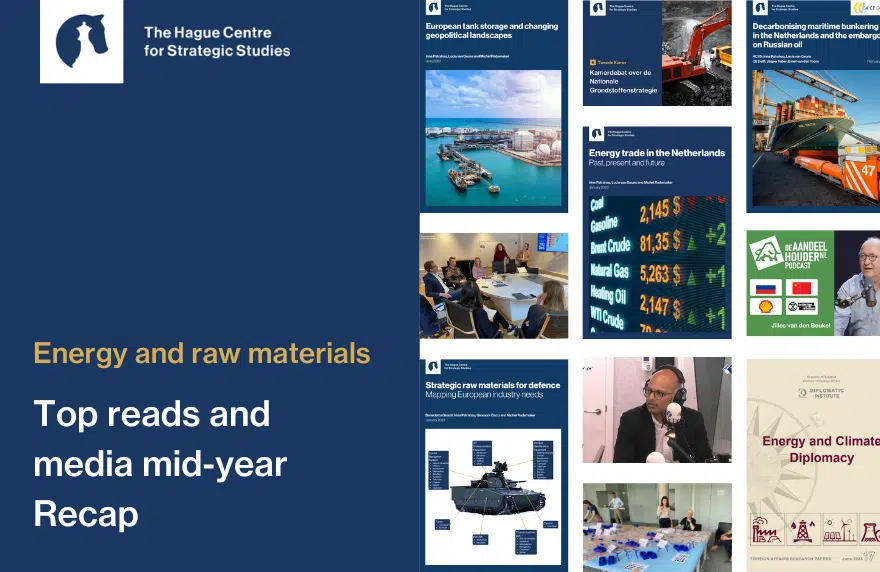The European tank storage sector: 2050 and beyond
Europe is heading for a climate neutral future. For a smooth phase out of fossil fuels and their replacement with affordable low-carbon energy, governments need to support domestic industries in their transition and in setting up new supply chains. Policy support, the behaviour of governments in international relations and the development of new technologies are key determinants of what the next decades will look like. Despite significant uncertainty, reliable energy infrastructure, including storage, handling and transport, is essential in the fight against climate change. This paper seeks to distinguish long-term trends for energy infrastructures by analysing technological developments against the background of global climate ambitions. The extent to which countries follow through with their announced pledges and commitments will determine the future role of energy infrastructure. Hydrogen, chemical carriers, battery storage, biofuels and circular approaches to industry will impact the new energy system. This paper discusses the broad trends related to the adoption of these low-carbon energy sources by outlining their role in the energy transition, the factors that have been inhibiting their large-scale deployment and the prospect of surmounting those obstacles.
 https://hcss.nl/wp-content/uploads/2024/10/Dutch-tank-storage-sector-VOTOB-tankopslag-nederland-1.png
572
880
Patrick Willemsen
https://hcss.nl/wp-content/uploads/2021/04/HCSS_Beeldmerk_Blauw_RGB1200-ppi-e1619025866259-300x300.png
Patrick Willemsen2024-10-23 08:25:142024-10-23 10:40:19The Dutch tank storage sector: Navigating uncertainty in the energy transition
https://hcss.nl/wp-content/uploads/2024/10/Dutch-tank-storage-sector-VOTOB-tankopslag-nederland-1.png
572
880
Patrick Willemsen
https://hcss.nl/wp-content/uploads/2021/04/HCSS_Beeldmerk_Blauw_RGB1200-ppi-e1619025866259-300x300.png
Patrick Willemsen2024-10-23 08:25:142024-10-23 10:40:19The Dutch tank storage sector: Navigating uncertainty in the energy transition
















